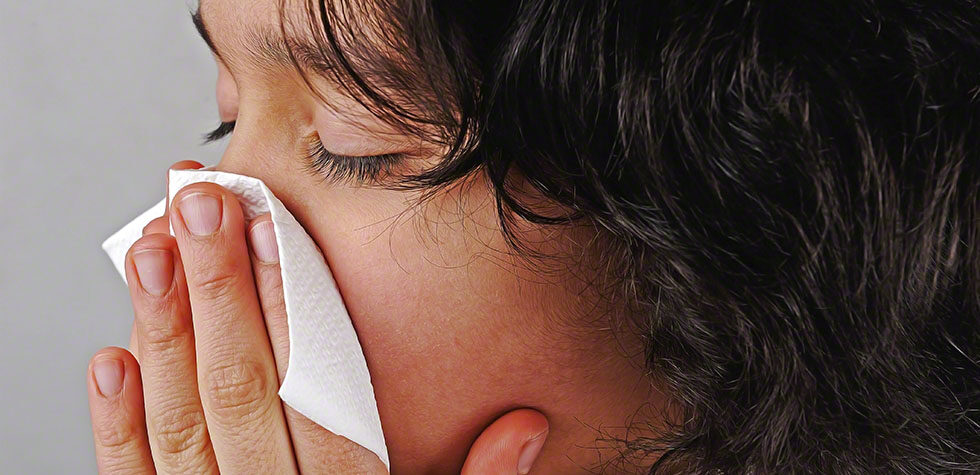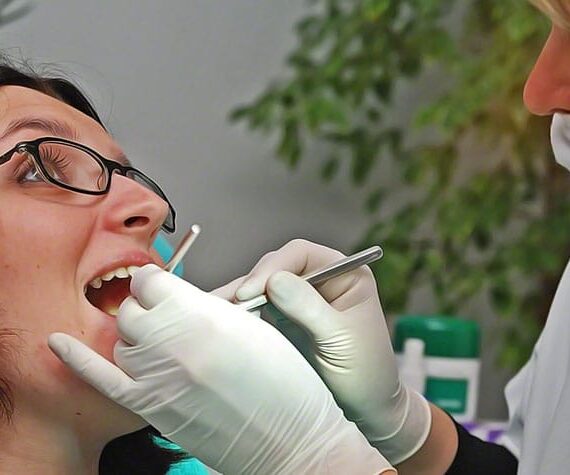Immunotherapy is fast evolving as a modifying therapy effective for the treatment of different problems like allergic rhinitis, allergic asthma etc. In spite of its proven efficacy, it still remains underutilized in countries like Canada. The decision to go for allergy shots is taken considering the individual patient matters, like degree up to which symptoms can be avoided by pharmacological therapy, adverse effects of such therapy, patient preferences etc. As this treatment option carries the risk of anaphylactic reactions, only certified physicians are expected to practice it.
All you need to know about Immunotherapy
Allergies are one of the most common diseases encountered in clinical practice. Food allergy, drug allergy, fall allergy, insect sting allergy etc are some of the common allergies that we hear about daily. Successful treatments can be chalked out by a fall allergy doctor only after identifying the exact allergen for the symptoms of allergy shown by the patient.
The aim of allergy treatment is the avoidance of allergens or the elimination of them. With animal or occupational allergens, complete elimination of allergens is possible, while it is not possible with other allergens. Though anti-inflammatory drugs or corticosteroids offer some relief, their therapeutic benefits are not long lasting as they are not capable of altering the natural course. Immunotherapy also known as allergy shots have been found to be affective alternative with therapeutic benefits. Recent studies have shown that this kind of treatment can stall the progression of allergic rhinitis to asthma.
History of fall allergy
Use of allergen extracts for treating fall allergy reactions was originally tested and confirmed in the year 1911. Grass pollen was injected in incremental measures into hay fever patients by English physician named Noon. In allergy shots small quantities of allergen are injected to the patient on regular intervals say daily in the beginning slowly increasing the interval by a fall allergy doctor. The quantity of allergen injected is increased in small quantities. This is continued for six months, two years or more years depending on the condition of the patient. It has been found that such injections are capable of producing immunity in the patient and this eventually leads to no symptoms on contact with the allergens.
Allergy shots for rhinitis
Allergies shots have been found to be an effective method for treatment of rhinitis particularly for patient whose rhinitis is caused by pollen. Patients who do not respond to conventional therapy have been found to be getting good relief by following this treatment option. Studies show that for best results in fall allergy three years treatment will be needed
Allergy shots for asthma
Asthma is caused as a result of allergy to grass, house dust mites, ragweed and can be controlled by allergy shots in allergy clinic. Studies show that only 26 % of asthma patients are treated with allergy shots. A study conducted in 1960s has shown that 70% of the patients who underwent this method have been cured permanently.



